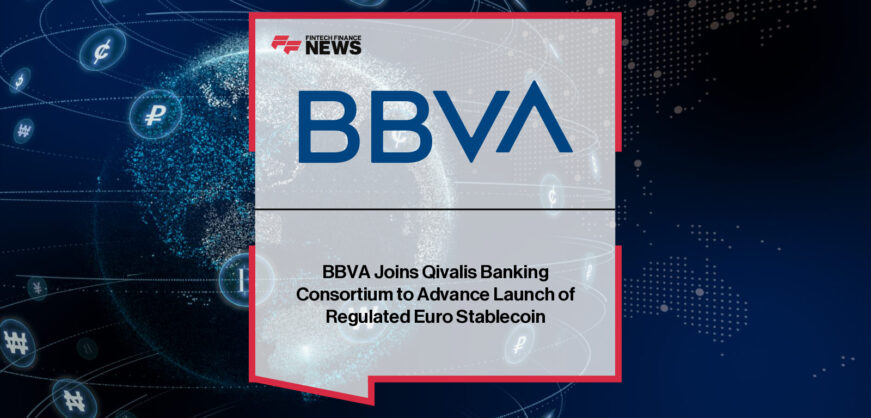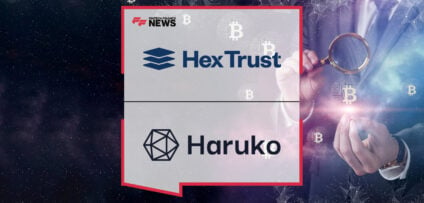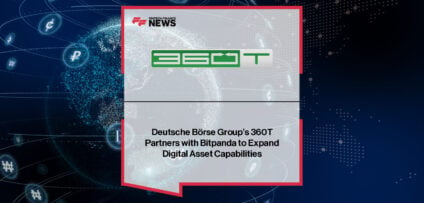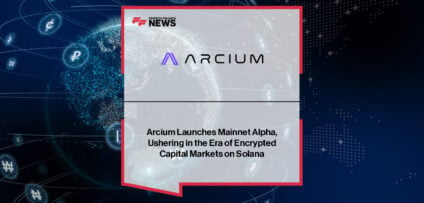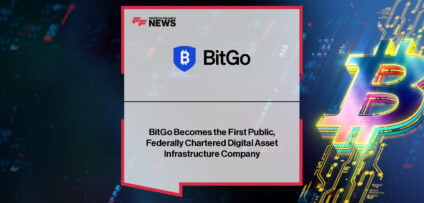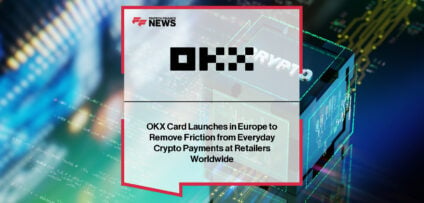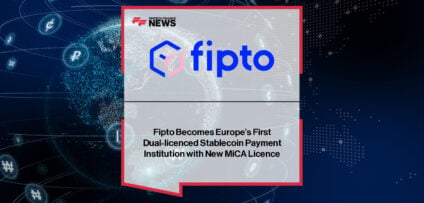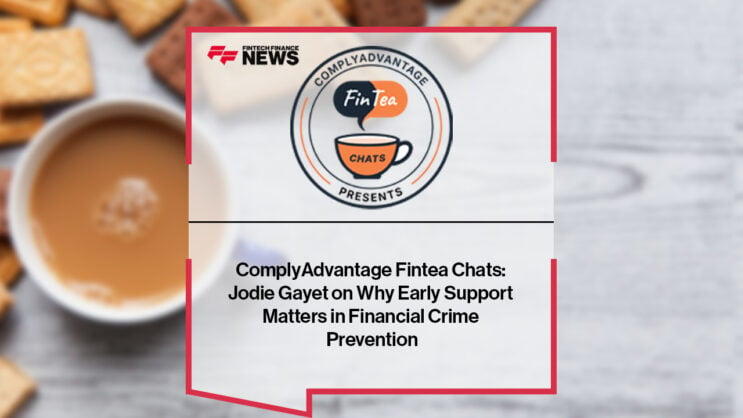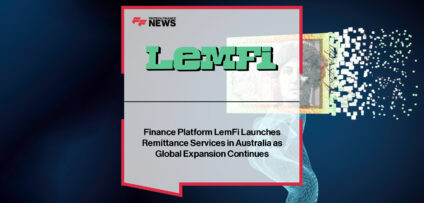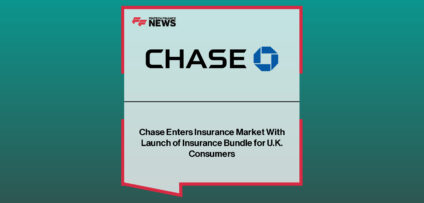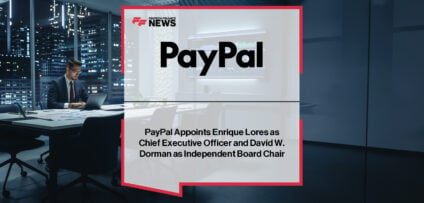Breaking News

EXCLUSIVE: ‘Cornering the market’ – Danny Scott, CoinCorner in ‘The Paytech Magazine’
 Danny Scott, Co-founder and CEO of UK-focussed exchange CoinCorner, on the reality behind the headlines, the power of community and those darn goats
Danny Scott, Co-founder and CEO of UK-focussed exchange CoinCorner, on the reality behind the headlines, the power of community and those darn goats
THE PAYTECH MAGAZINE: Danny, you and a couple of the CoinCorner founders were mining Bitcoin back in 2013… what drove you to launch an exchange?
DANNY SCOTT: Mining Bitcoin wasn’t really working for us as a business model, but we knew Bitcoin was a groundbreaking technology and wanted to stay in the industry and help drive it. If you think back to 2012/2013, to the Mt. Gox days, it was difficult to buy Bitcoin and we had the skillsets to launch a kind of exchange, but one that was an easy on-ramp for people to buy, store, send and receive Bitcoin using a mobile app. We were one of the first to introduce credit card deposits, and we’ve added various products since, like cashback and Lightning Network integration, so we’re almost a one-stop for Bitcoin services.
TPM: The community and, in particular, the social media around cryptocurrencies is just incredible. Dogecoin is literally built on memes. Take all the technology off the table and the cultural impact has been immense, hasn’t it?
DS: Yeah, the Dogecoin thing has been absolutely nuts, obviously heavily driven by Elon Musk. People within the industry kind of know Dogecoin was created as a joke coin. Development-wise, it’s sat there as this idle coin, over the years, that no one’s really bothered too much with. The impact of social media, and how things can go viral these days, is effectively what has happened with that; TikTok and the rest have driven it. Scary to see, but interesting, nonetheless.
The community is so powerful in this industry. We saw that, back in 2017, with the user-activated soft forks [blocking unilateral upgrade decisions by developers and the bigger mining pools]. Even the big global guys were not able to budge the community. That showed the real power behind Bitcoin, which comes across these days in the memes and social media impact. It’s getting more powerful with the likes of Musk and Michael Saylor getting involved, tweeting about it daily, and it’s incredible to watch. As Molly Spiers, our head of marketing, says, Bitcoin drives this industry… companies do not drive Bitcoin. It does its own thing.
TPM: So, has this changed your customer base and how you handle them?
DS: It changes our responsiveness because things happen so quickly. Mark Zuckerberg posting that he’s naming his goats Max and Bitcoin, for instance. Obviously, then, people are speculating ‘does that mean he is a Bitcoiner?’. Goat, in a sporting context, means ‘greatest of all time’, too, and people jumped all over that.
Obviously, that attracts mainstream attention and brings new people through the door, which is great, but one of the things we have tried to so, from day zero, is educate people on what Bitcoin is, and how it can be used to benefit them and change the world. That gets very hard in periods when there is so much noise, so much going on and we’re having to put something out to help decipher headlines around Mark Zuckerberg and his goats. It’s tiring is the best way to put it.
As an industry, we have to take the bear markets, the slower trading periods, as an opportunity to build products, solidify our teams and grow the foundations of our organisations. But, during the bull markets, like we’re experiencing now, it becomes very much – yeah, conversations around goats!
TPM: CoinCorner is based on the Isle of Man, a real UK blockchain centre, with both government and university supportive of the industry. What’s the fintech scene there like?
DS: The banking sector has always been particularly strong on the Isle of Man, and, more recently, the e-gaming sector, which is also heavily tech-driven, has grown to be quite big. So, there’s a good crossover of skillsets and companies. Two UK Bitcoin exchanges have just relocated here and another two that are looking to start up. So, I’m looking forward to seeing how much more of a hub we can create. There’s already a decent cryptocurrency following on the island. Considering it’s such a small place, there are a lot of people involved – four per cent of our customers are based here.
 TPM: Before the pandemic happened, you asked customers if they wanted a CoinCorner card. In the meantime, Gemini and Wirex have both launched crypto-enabled cards. Given payment habits changed so much during lockdown, is that still in your pipeline?
TPM: Before the pandemic happened, you asked customers if they wanted a CoinCorner card. In the meantime, Gemini and Wirex have both launched crypto-enabled cards. Given payment habits changed so much during lockdown, is that still in your pipeline?
DS: We did start processing applications for a CoinCorner card, but then Visa ended is relationship with the card issuer that a lot of us were using at the time, WaveCrest, and that disrupted everything. We’ve been after a particular style of product. Gemini’s is credit-card based, Coinbase’s is more like a top-up, which can be expensive to use. We are currently developing a debit card, attached to a bank account that will hold crypto and non-cryptocurrency balances alongside each other. We’re also working on ‘cryptoback’ rewards, similar to what some of the US guys are doing.
We already operate a cashback scheme. Shoppers using our website, which has more than 1,000 merchant partners, including big high street names like Currys PC World, B&Q and Boots, get cashback, which we flip to Bitcoin for them. We also have a browser extension which users can install, so they don’t need to come through the CoinCorner site; they can just shop around the internet and, if they land on one of our cashback partners’ sites, a little popup in the corner invites them to activate it to automatically get Bitcoin back.
It’s a cool product, a nice way to introduce people to Bitcoin and an opportunity for them to slowly build up a portfolio in the background, just by shopping. We did the stats recently on the Bitcoin the team here had got back from shopping, and it had gone up by as much as 350 per cent. We’ve only been live with that feature for about 10 months, but, with the Bitcoin price increase in that time, I think I’m nearly at the point where the products I bought are almost free.
TPM: NatWest has announced that it has no appetite for dealing with business customers that accept Bitcoin. Is this going against the zeitgeist? Why is there still that resistance to Bitcoin?
DS: HSBC and a couple of others have also been negative towards it. NatWest actually replied to one of our tweets, trying to clarify what had been reported. As long as companies meet certain criteria, it will bank them. It’s not a blanket ban and was more, I think, hinting that a Bitcoin exchange, like ourselves, wouldn’t be allowed to bank there. If you’re a company in the UK that wants to accept Bitcoin and does so via, for instance, CoinCorner, the Bitcoin comes through our checkout service and, when it lands in the business account, it is automatically converted into GBP. NatWest, as far as we are aware, wouldn’t class cryptocurrency as that merchant’s primary operation.
So, it’s probably a headline that’s been blown out of proportion. We have spoken to merchants recently though, that unfortunately saw that headline and decided not to accept Bitcoin as a payment method, so it does have an impact and it’s frustrating, from our side. It comes back to education. We have to explain to merchants, tell them to talk to NatWest themselves and see what the risk appetites are. It’s about having that conversation and, if you do, a lot of the time, things will be OK.
TPM: So, how do you educate? How do we expand this across the entire population or will it happen naturally over time?
DS: You’re right that it’s generational. Kids like gaming. Games like Lightnite are developed around using Bitcoin Lightning payments for buying things. That’ll attract more of the younger crowd and make it natural for them to use it.
TPM: When do you think the likes of Sage and Xero will be able to handle cryptocurrencies, in terms of small business accounting?
DS: We’ve been having this conversation recently. A lot of these accounting softwares don’t provide up to eight decimal places, so our own accountant is trialling accounting in satoshis, rather than Bitcoin, which means there’s no decimal places to go to. Theoretically, it should work for pretty much any accounting software. It’s just a little bit of a workaround.
TPM: Do you think Bitcoin will ever be recognised as a currency by central banks and nations?
DS: It’s kind of recognised already, in that they appreciate it’s not going away. The central banks are looking at central bank digital currencies (CBDCs) and there’s no reason they can’t work parallel with each other. I know we’ve seen comments from the Bank of England, recently, about investing in cryptocurrencies and it telling people to be prepared to lose all their money but, quite honestly, that should go for any investment.
TPM: Are we ever going to know who Satoshi Nakamoto is?
DS: I don’t want to know. People say ‘what happens if Satoshi comes back and sells all his Bitcoin?’. I think Coinbase actually listed that in their IPO documents as a risk factor. Satoshi probably has more than enough Bitcoin to live the rest of his life quite comfortably, without needing to go back and touch those original Bitcoin, which would obviously reveal his identity. Knowing how clever Satoshi is, to be able to create Bitcoin, it’s unlikely that his identity will ever be revealed.
This article was published in The Paytech Magazine #09, Page 43-44
People In This Post
Companies In This Post
- ComplyAdvantage Fintea Chats: Jodie Gayet on Why Early Support Matters in Financial Crime Prevention Read more
- Why Hybrid Cloud is Becoming the Backbone of Modern Banking Read more
- ING: Learning Before Scaling AI at Speed Read more
- Finance Platform LemFi Launches Remittance Services in Australia as Global Expansion Continues Read more
- Prosus Ventures backs Qureos to slash time-to-hire across MENA Read more







